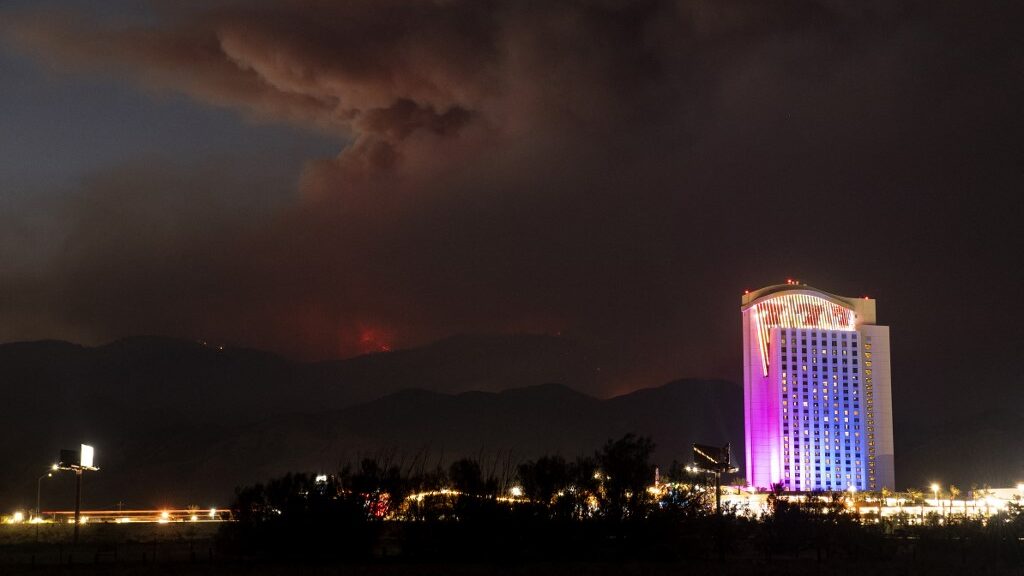
Sports betting is rapidly expanding across the United States and New York is one of the more recent arrivals to the sports betting party, allowing online wagering at the beginning of this year. But California will dwarf New York and all other markets if voters give the thumbs up to online sports betting in November.
Tribal War Brewing
The titans of the online sports betting industry like FanDuel, DraftKings, Caesars, and BetMGM are licking their collective chops at getting an opportunity to sink their teeth into what will undoubtedly be the most lucrative online sports betting market in America. California is expected to generate tens of billions in revenue and any online operator worth their salt wants in, in the worst way.
Daniel Wallach, a Florida-based attorney who has advised various players in burgeoning sports wagering stated, “California is the holy grail of U.S. sports betting markets. This is going to be a half-a-billion-dollar battle for control of the most lucrative betting market in the world.”
But before that can happen the voters will have to allow it. Yet, there is another obstacle in the way of the mammoth sportsbook operators taking over the online gambling realm – the Native American tribes already operating land-based casinos in the Golden State.
Read More: California Not the Golden State for Sports Betting
As of January of 2021, 66 tribal casinos were operating in California under the control of 60 different tribes. That doesn’t include the 89 legal cardrooms in the state and the OTB parlors.
All of them are looking to control the online gambling market in the nation’s biggest market if it is approved. However, online sportsbook operators like those mentioned above could have the inside track after spending a reported $100 million in lobbying efforts in the state. And getting a piece of the online, versus the land-based market is paramount as roughly 90 percent of sports bets are placed online.
A tribal triumvirate banded together and roused their fellow-tribal leaders, warning against the dangers of international operators controlling the online betting market within California, saying it “would accelerate the legalization of online gaming by non-tribal interests, threatening the existence of Indian gaming as we know it.”
Online Operators Willing to Share
The FanDuel and DraftKings of the world desperately want their share of this bountiful market and have made it clear they are ready to partner with tribal entities and give them a taste of the profits.
But the operators also had to make this politically palatable which is why they cleverly framed their narrative as an anti-homelessness initiative, highlighting that a designated share of the proceeds would be earmarked for homeless shelters and low-income housing. This is a concern near and dear to the hearts of many mayors and political figures throughout California due to its tremendous homelessness problem.
“Our initiative is the only one that would raise hundreds of millions of dollars to reach year in solutions to homelessness,” campaign spokesperson Nathan Click said. “Our measure provides a number of benefits to California tribal nations.”
Read More: Oregon Tribes Pitted Against Billionaire Boersma
And while the online operators are trying to play nice with the tribal community, at least one leader has made it clear that he wants no part in sharing with what he perceives as digital interlopers stealing a market that should be under the auspices of the established tribes.
“The main fight for us is to ensure we keep the corporations out of state from coming in. That’s the best thing for all tribes here in California,” Jesus Tarango, chair of the Wilton Rancheria tribe, said in an interview. If the betting platforms prevail, tribes “may get a piece of it, but it would not be the same piece as if it was controlled by us and ran by us.”
The battle for online control will continue but it will all be a moot point if the voters say nay to sports betting in November.








